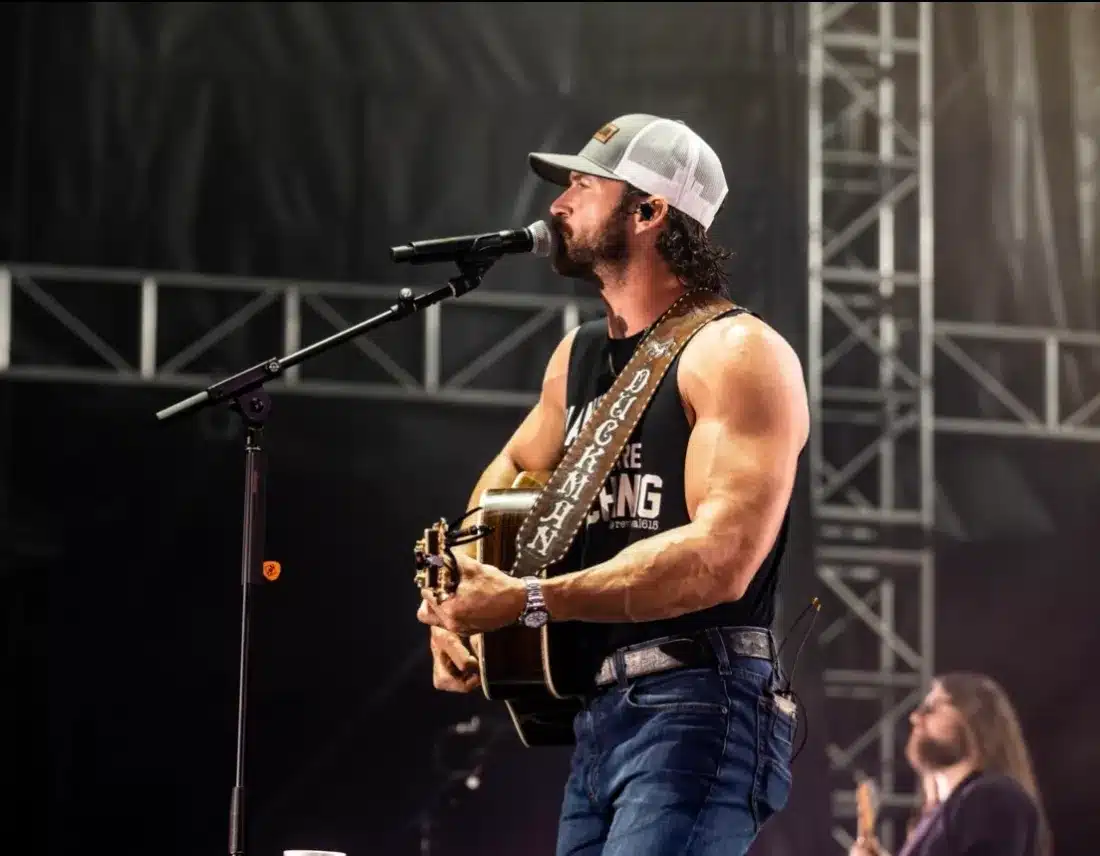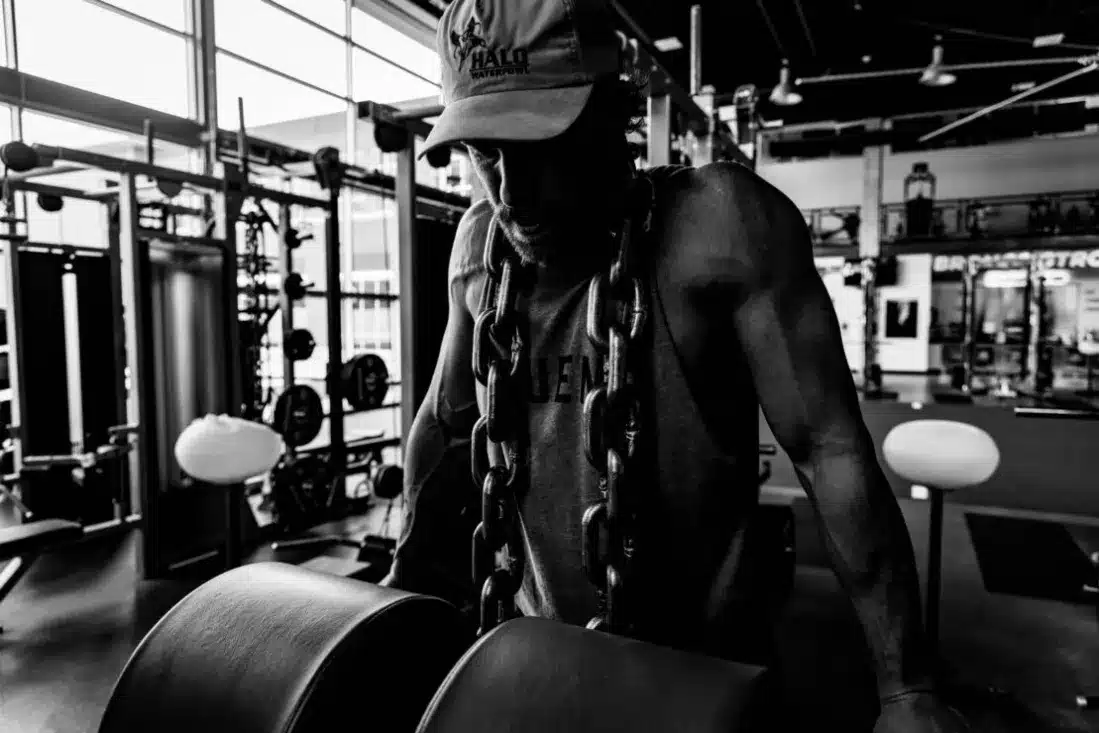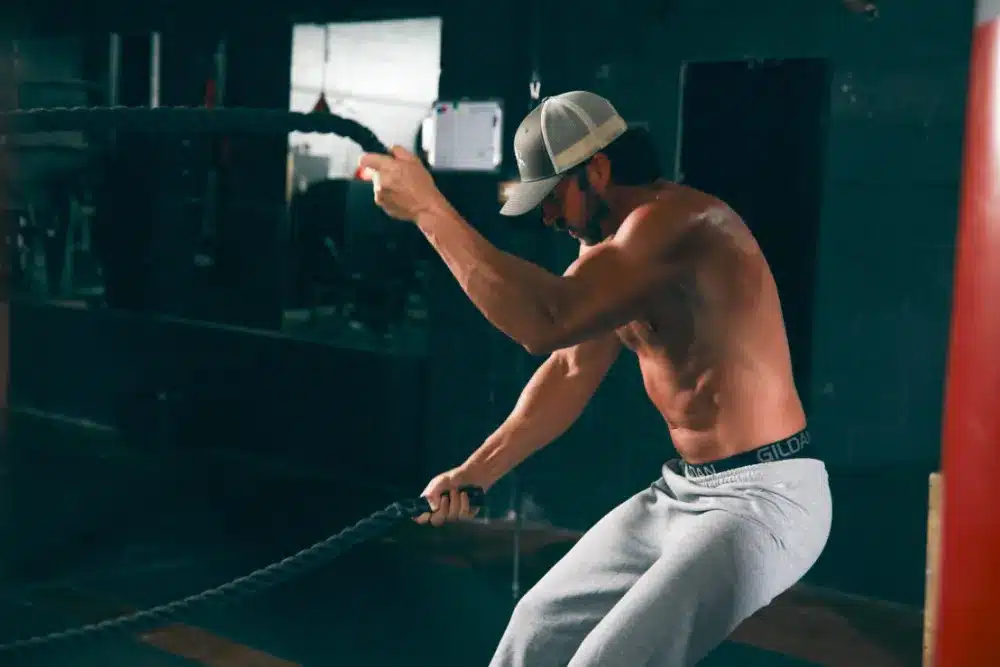Riley Green: From Quarterback to Country Star, Fitness Keeps the Music Alive
Country music fans unknowingly scored big the day Riley Green realized dishing out chart-topping hits was far less painful than taking hits on the football field. Once a tall, wiry quarterback at Jacksonville State University, Green now headlines sold-out tours, with multiple platinum records and a 2020 ACM New Male Artist of the Year award to his name—all stemming from a life-changing pivot from pads to performances.
Since releasing his debut EP in 2018, Green has rapidly carved out a spot at the top of the country scene. His current Ain’t My Last Rodeo tour spans the country, yet it’s easy to forget that just over a decade ago, he was still calling audibles on the field while gigging at bars by night.
“It kind of overlapped—my football performance dipped as my music picked up,” Green admits. “It’s hard to crush 5:30 a.m. workouts after being out all night singing in bars.”
Though he hung up his cleats long ago, Green still looks like he could suit up at any moment—though he laughs that at 35, it’d be “a bit too painful” to start throwing again. These days, the only things being thrown at him are undergarments from adoring fans.
On the Road: Weights, Workouts, and a Whole Lot of Pizza
Touring life may look glamorous, but it comes with its own challenges—especially for someone trying to stay fit. From 4 a.m. interviews to 90-minute evening sets, keeping a consistent workout routine isn’t easy.
“I train better when I’m in a routine, and the road just destroys that,” Green says.
Still, he makes it work with resistance bands, some dumbbells on the bus, and the occasional hotel gym. When home, however, Green trains like a man with zero excuses—because he built a 6,000-square-foot gym during COVID, complete with turf, machines, free weights, and even a cold plunge.
“It took a while to build, but now I’ve got everything I need,” he says. Though he’s still working up the courage to go past the three-minute mark in the cold tub: “Once my teeth start chattering, I’m out.”
His goal these days? Not to out-sprint defensive backs, but to stay lean and stage-ready—especially when sleeveless is part of the look. “Every year it changes depending on my goals, but it’s a lot of strength and aesthetics now,” he says.
And with no regular training partner, his Smith machine has become his best friend. “I can still lift heavy without worrying about getting stuck.”
Football Dreams and a Realistic Pivot
Before the country spotlight, Green’s dream was football. Raised in Alabama with dreams of the Dallas Cowboys and Troy Aikman, he became a starting quarterback at Jacksonville High and later walked on at Jacksonville State University.
His high school’s run-heavy wishbone offense didn’t exactly spotlight his throwing arm, but earning a roster spot at his hometown university was a personal victory. “Getting to play college ball in the same stadium I played in high school was really special.”
But the leap in speed and skill at the college level was sobering. “It was such a big adjustment—it felt like going from D1 to the NFL,” he recalls. That, combined with his growing music gigs, made the choice clear.
Music as a Muscle—and a Discipline
Green’s songwriting—rich with personal stories about family, relationships, and Southern life—has become his calling card. His debut album Different ‘Round Here went gold, and tracks like “There Was This Girl,” “I Wish Grandpas Never Died,” and “Mississippi or Me” have become anthems.
He credits inspiration from legends like George Jones and Merle Haggard, and admits that while writing songs has gotten easier technically, finding authentic material gets tougher.
“I don’t just pull topics out of thin air—it’s stuff I’ve lived,” he says. One of his most personal songs, “Numbers on the Cars,” about his grandfather’s Alzheimer’s, has sparked emotional conversations with fans. “So many people told me it helped them cope with their own family situations.”
Green’s songwriting discipline mirrors his training routine—showing up even when no one is forcing you to. “It’s the same muscle,” he explains. “Nobody’s telling you to write or work out. You’ve just got to do it.”
Golf Swaps and Stage Gains
When not performing or writing, Green has developed a love for golf—sometimes trading concert tickets for tee times. “I’ve played some great courses that way, like TPC Sawgrass,” he says.
But it’s the grind of keeping the show fresh and the physique sharp that defines his off-stage hustle. From pizza-laden tour buses to time-zone juggling, he’s always looking for ways to reset and reenergize.
“If I can just find the time and convince myself to do it—even if it’s a triple espresso—I’ll get it in,” he says of his workouts.
And when it’s showtime, Riley Green doesn’t just bring a voice. He brings a presence—a product of grit, discipline, and the kind of Southern storytelling that never goes out of style.



